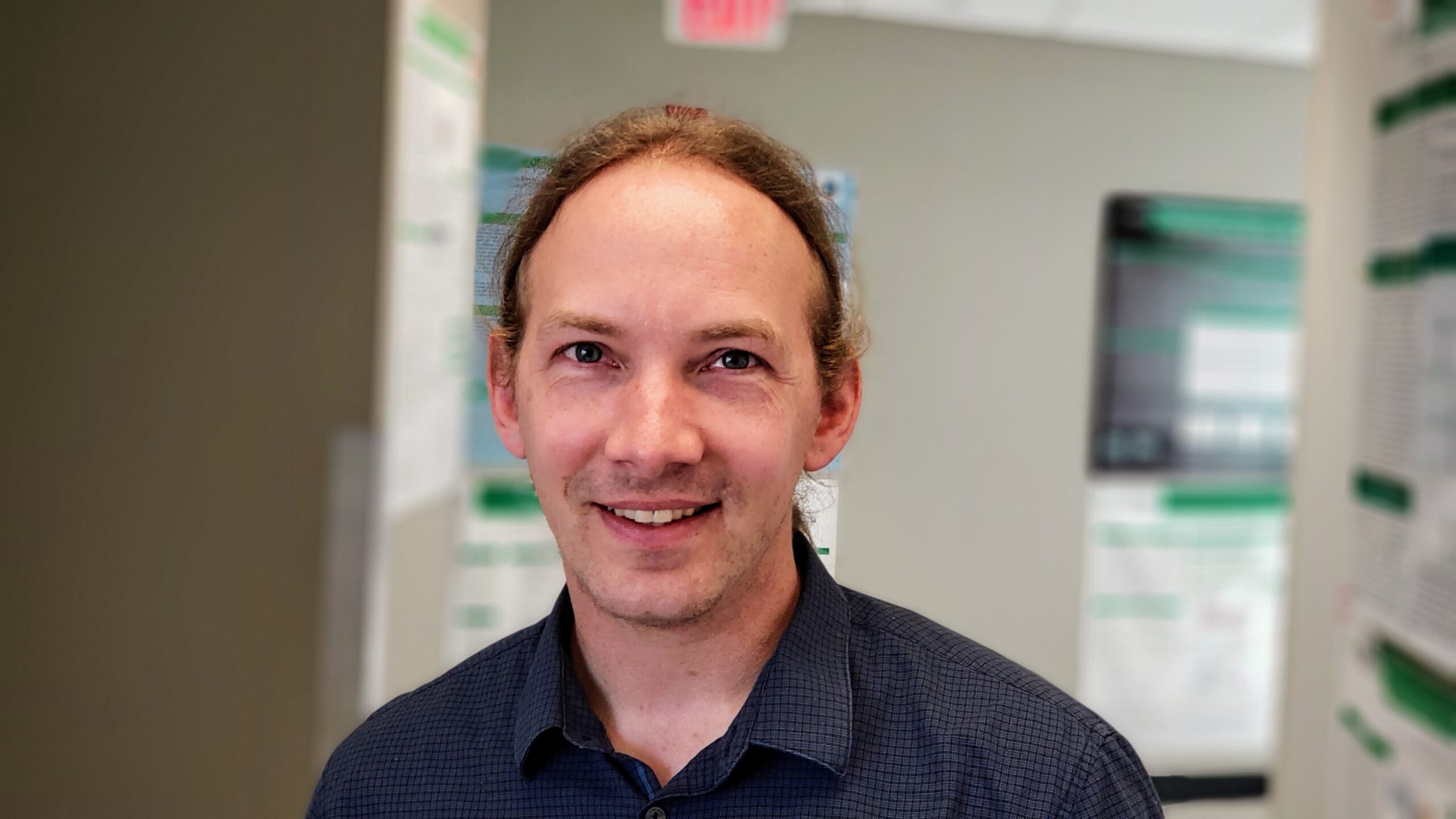August Woerner
Assistant Professor, Microbiology, Immunology and Genetics, University of North Texas Health Science Center
August Woerner is an Assistant Professor in the department of Microbiology, Immunology and Genetics at the University of North Texas Health Science Center. Much of August’s current research focuses on whole genome sequencing, particular, its application to forensic genetic genealogy.



